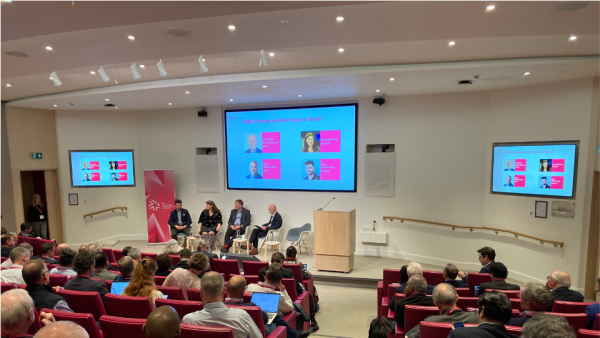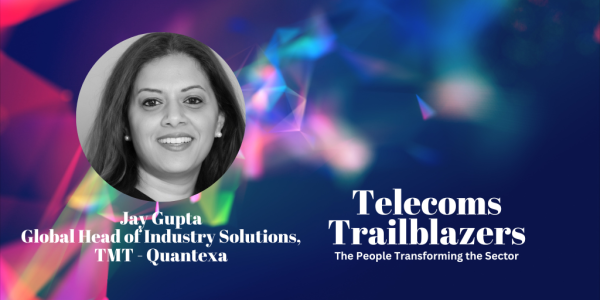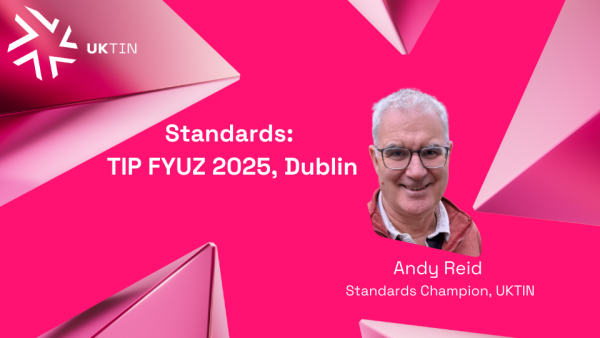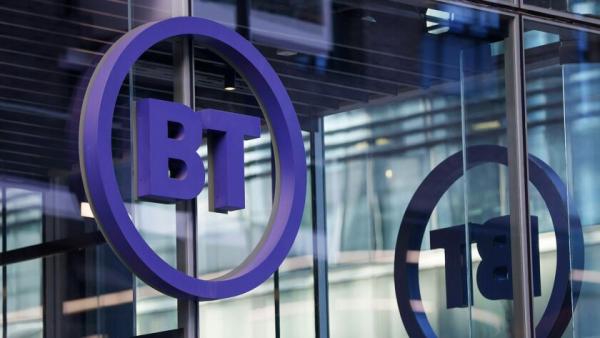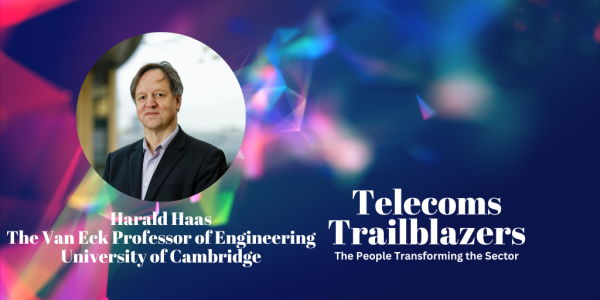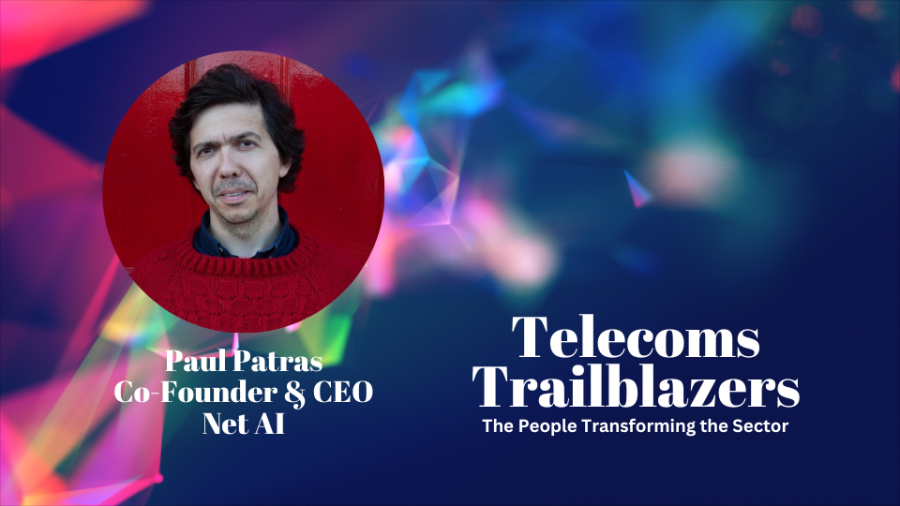
Hello, I’m Paul Patras: I am a co-founder and CEO of Net AI, which is a network intelligence company primarily based in Edinburgh, though our team is spread over three continents. I am also an Associate Professor in the School of Informatics at the University of Edinburgh, the birthplace of the company.
Net AI builds on years of research at the intersection of AI and mobile networking. The two disciplines are brought together to approach problems that are widely considered intractable, or time-consuming. Traditional tools may be able to solve such problems, but not in real-time.
For instance, we look at metadata summarising network traffic and disentangle that information into individual services that make up the aggregates. We refer to this technology as Mobile Traffic Decomposition. As AI matured and we engaged with the market, we realised that the telco industry has some pressing problems: for example, how can we reduce the energy footprint of the network infrastructure based on the anticipated evolution of traffic demands through the network?
Networks have also become increasingly complex, which makes them difficult to manage in a cost-effective way. A survey by TM Forum found that operators are spending more than 65% of revenue on operating expenses. AI presents an opportunity here: the technology we have developed can extract insights about network usage and performance in real time, driving the automation of allocating computing and capacity resources.
What do you enjoy most about working in this space?
The speed of innovation, and working with a team of smart and passionate people. Telecommunications providers are facing immense opportunities, many of which are being unlocked with AI. I enjoy working with businesses that want to keep ahead of seismic change, which is vital for them to remain relevant.
What’s the most ridiculous thing you’ve done in the name of work?
I have a vivid memory of climbing outside of a balcony in the last few months of my PhD to install a bunch of antennas that were providing coverage across a wide frequency spectrum. The execution was, in hindsight, a bit reckless…
What excites you most about working in telecoms?
We are only four decades into the mobile phone being released for voice calls. Today, 85% of the world’s population is using smartphones, not just for calls but for navigation, work, entertainment, payments, and so on. Except the journey is far from being over. As networks’ complexity grows, the use of AI is inevitable.
What would you like people to know about your work?
I’m passionate about finding game-changing solutions to hard problems. My work involves a healthy mix of engineering, science and entrepreneurship. I’m very fortunate to work with a stellar team whose ambition is to bring innovative products to the market and revolutionise the telecoms sector.
Why is a vibrant, flourishing telecoms ecosystem important for the UK?
The pandemic demonstrated how vital high-speed connectivity is: in healthcare, education, entertainment, and the economy. This shows how important a telecoms ecosystem is for the UK. That being said, I think 5G is still in its infancy. We must ensure rollout continues and provide equal opportunities for all. Going forward, this will accelerate transformational services, and societal benefits will be vast. But it requires efforts from the industry and of course, continued support from the government.

